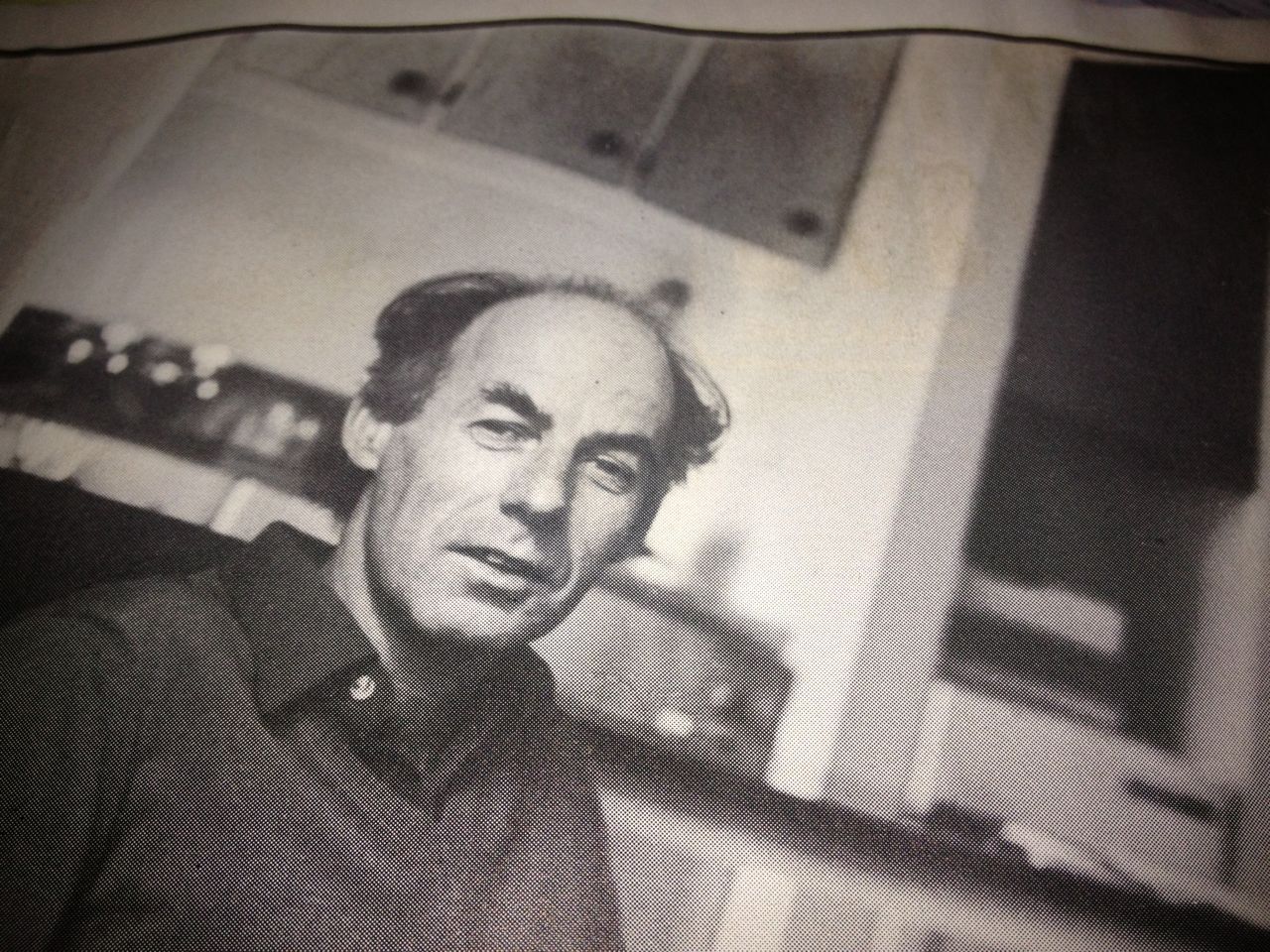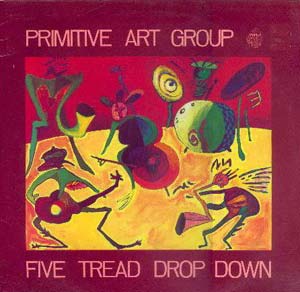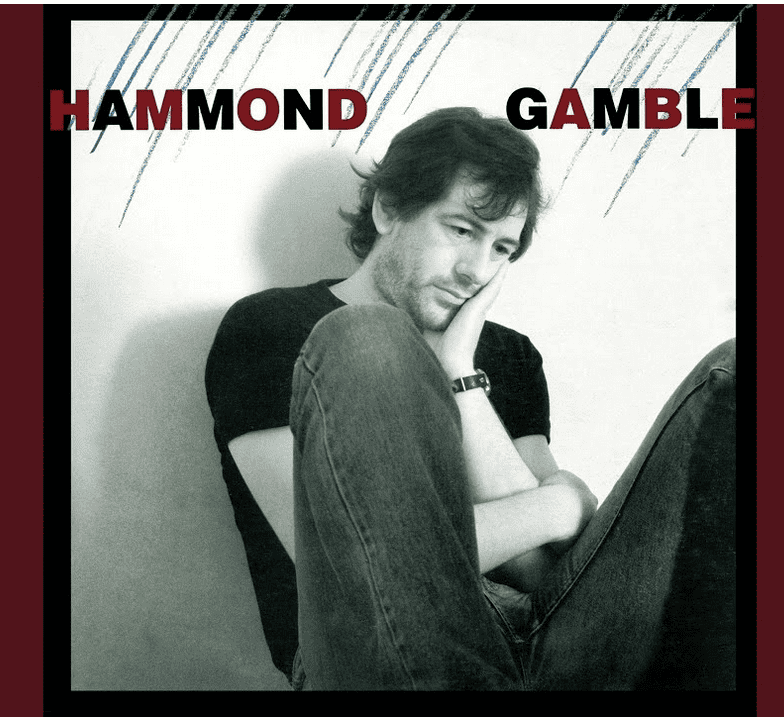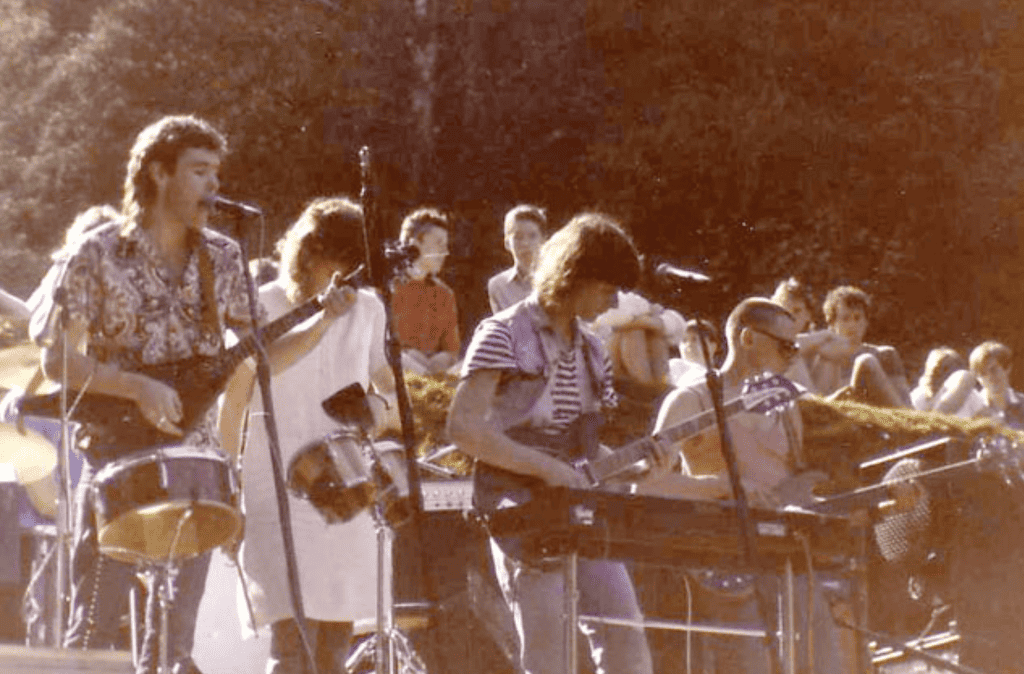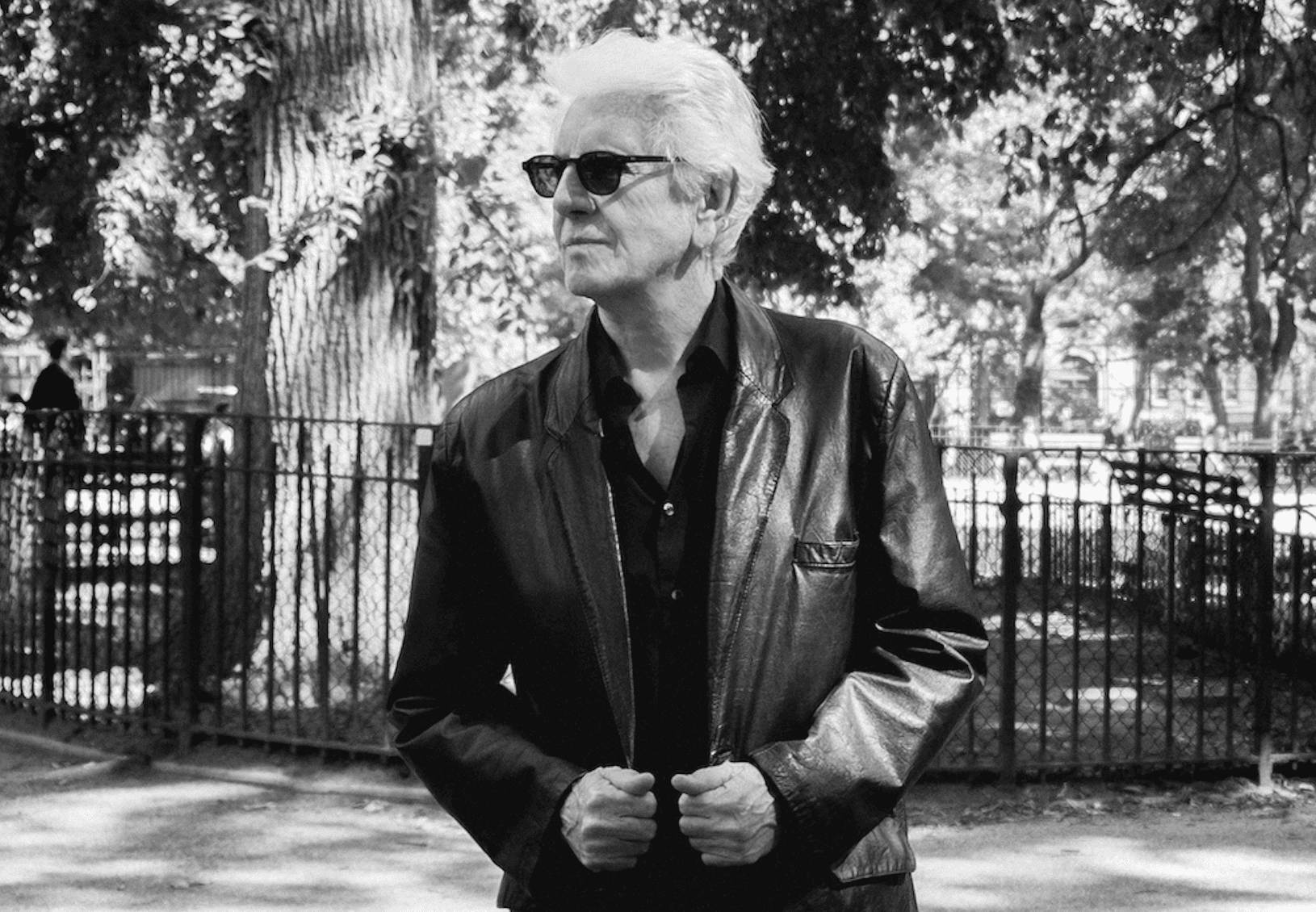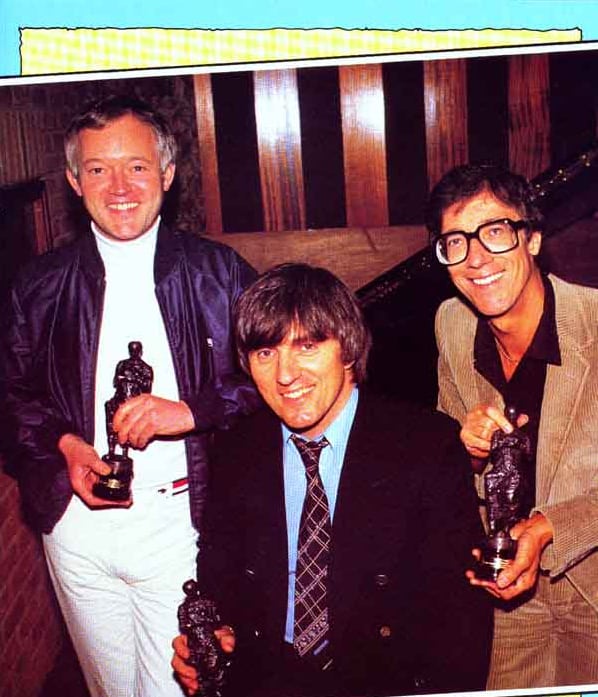Every day in May, to mark NZ Music Month, Gary Steel presents something local from his considerable behind. Personal archive, that is. Today’s surprise item?
Expat NZ jazz pianist Mike Nock speaks his mind and kills a magazine in the process. Originally published in TOM, May 1983.
Listen To The Man
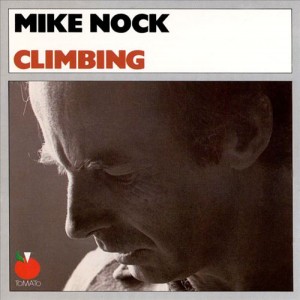 “I enjoy a lot of the new wave music, punk, rock and roll. It’s not my style, but some of it I really do enjoy because it has that quality that I look for in all music. A lot of it doesn’t, but that’s the same in any style of music.”
“I enjoy a lot of the new wave music, punk, rock and roll. It’s not my style, but some of it I really do enjoy because it has that quality that I look for in all music. A lot of it doesn’t, but that’s the same in any style of music.”
Here’s a man with an open mind. Internationally acclaimed expatriate jazz pianist Mike Nock’s only criterion is whether the music is good or bad. In a sense he’s calling ‘good’ music that which is played well. But ‘played well’ means something different than Mr Average Kiwi’s perception allows for.
“Some musicians can study all their lives, classically or otherwise, and still play bad music,” says Nock. “They’ll play all the right notes, but musically it’s bad. Somebody else has never had a music lesson in his life, doesn’t know the first thing about what he’s doing; he can pick up something and make good music out of it.
“Some musics you’ve got to be able to understand more than others – you’ll get more out of it if you understand it – but understanding is not prerequisite to enjoying music. If it is, there’s something wrong, because music is something that you listen to.
“Music merely as an intellectual exercise is meaningless.”
Nock has the perfect combination of experiences on which to base his claims. Growing up in New Zealand, the young musician played with rock and roll bands in the 1950s before cementing his love affair with jazz, finally to end up in the music’s Capital City, New York, in 1958.
The self-taught musician built up a steady reputation and played with some of the jazz greats. His interest in a variety of musical forms led him to session work with people as diverse as Yusef Lateef and Dionne Warwick. In the early 1970s, Nock was a pioneer in the jazz-rock fusion genre popularised by people like Chick Corea’s Return To Forever and Herbie Hancock’s Headhunters.
Having left school at an early age, he applies himself rigorously to the study of his chosen art (he calls himself a music student). It is not surprising to learn that Nock is from the Teach Yourself school of thought.
“Just because you’ve gone to an academy and got your letters does not mean to say you’re a good musician. New Zealanders think that way – they tend to look up to somebody who’s had more education as smarter. You may have educated yourself much better, even if you don’t know the square root of something or other.”
Qualifying this, Nock says: “Having study and knowledge is an incredible asset, as long as you don’t become self-conscious about it… which is true of musical snobs.
“To me, not a high percentage of classical musicians end up playing musically well, because they’ve become too self-conscious. Technique is just a means to an end. Knowledge is just a means for getting to that point.”
And: “Poor teaching has probably done more to fuck up more musicians than lack of teaching ever has.”
Taking a stroll back to the 1970s, Nock gives up fusion. He doesn’t begrudge the success of Hancock and Co:
“Herbie really loves what he’s doing. The rewards for those guys have been quite tremendous, but they’ve probably worked much harder at doing that than they did with their jazz thing.”
As for himself: “I was always a little bit reluctant to get involved in that situation – if it had happened I would have welcomed it! – but I’ve always preferred to play on a more personal level. It got to the point where we were starting to become quite successful, and I had really mixed feelings about it. It’s like you’ve created a monster.”
So Nock saw himself, while remaining incredibly eclectic, getting back into acoustic piano and releasing a series of acclaimed albums. One of the latest was on the prestigious German label ECM, Keith Jarrett’s label. “I enjoyed immensely doing it. That record was a combination of me and Manfred Eicher, the producer (and ECM guru). It was what he wanted. It was what I wanted also. He liked the rather sombre mood… I would never have the nerve to put such an unrelieved sombreness on a record.”
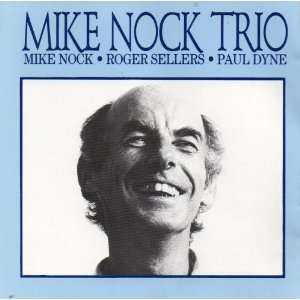 Between his various projects, Nock has fitted in approximately one visit to his home country per year for the last 10 years. He’s proud of the standard of music being made here.
Between his various projects, Nock has fitted in approximately one visit to his home country per year for the last 10 years. He’s proud of the standard of music being made here.
Television brought Nock back to NZ this time. Currently screening is a seven-part series (Nock On Jazz) in which the man talks with and introduces many, mainly local, musicians of his personal choice.
His aim in presenting the series is to get across to an audience that has mislabeled jazz in all its facets, in ignorance.
“Many, many people in this country, young and old… you mention the word ‘jazz’ and they immediately say they don’t want to know about it. That really blows my mind! Because jazz is just a term that’s applied to such a wide variety of musics. It’s applied to almost any music that’s improvised, to some extent. You find elements of jazz in all kinds of music. But people have this idea that jazz means something, and it’s something a lot of people dislike.
“What I’ve tried to do on this programme is just to show some of the variety of music that’s available in New Zealand.
“Some of these people (the musicians) are very interesting, because they’ve made a commitment to do something that is not necessarily economically oriented. Doing something that they love to do. And a lot of these people have devoted their lives to it.
“Saying you don’t like jazz is really as silly as saying you don’t like people, or don’t like music.”
Local music has been prone to “a certain national inferiority complex that’s changing as New Zealanders become more aware that they do have a lot to be proud of. New Zealand is, more and more, getting its own indigenous culture, its own indigenous attitude.”
For Nock himself, he says he has “always been motivated by musical curiosity – I’ve specialized in the field of jazz, but jazz brings such a broad field.
“You tend to get into little niches,” he says. “And then you get out of them. It’s just a natural progression, nothing forced. You’ll find yourself going up a path. No one likes this path. So you’re in it anyway, exploring it for what it’s worth. Until something else comes along.”
He says that in his own music he is moving away from the introspective style typified by the ECM recording. “I’m coming back to a way of playing that I used to play 20 or 30 years ago. Of course it has a much more sophisticated approach to it. But I can see a circle.”
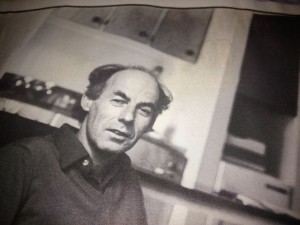 His current love is music for films. “One of the reasons I really like the idea of film music, apart from the obvious one of mixing up sound and music and drama, is the idea of… the really good film music person should be able to relate to a very wide variety of music to be able to use the appropriate musical style to what’s going on. And to me that’s really interesting. Country music even! Be open to it.”
His current love is music for films. “One of the reasons I really like the idea of film music, apart from the obvious one of mixing up sound and music and drama, is the idea of… the really good film music person should be able to relate to a very wide variety of music to be able to use the appropriate musical style to what’s going on. And to me that’s really interesting. Country music even! Be open to it.”
And what of the poor hapless fan who can’t make head nor tail of a career with such a diverse approach?
“It’s been a problem for those who want to identify,” admits Nock. “It’s cut down my audience appeal, because people haven’t been able to say ‘Oh, that’s a Mike Nock sound.’ Although I think I have a personal approach.”
Living in America is financially “rough”, says Nock. What’s on the schedule when you get back? “I don’t know what’s happening. I’ll get on the phone!”
In the meantime, if you search hard enough, you may be able to find recorded evidence of Nock’s existence, but not much of it. As the man says: “Record companies are full of shit. Especially in this country. These people will tell me one thing, and they’re just lying. They got no reason to lie to me! Apparently Keith Jarrett’s last solo record in New Zealand sold 25 copies. In the States it’s been acclaimed as the best album he’s ever done. There’s something wrong there.”
Balding Nock may be. Old he ain’t. A true all-rounder with an astoundingly open minded attitude, he struck this journalist as a case of positive energy the local scene can’t afford to do without. At least once a year.
“The rules are just what you want to do. The best musicians are the ones who know the rules, then disregard them.” GARY STEEL
Note from the author: Memory is a funny thing. I could have sworn that this interview with Mike Nock contained a quote that – pulled out for a “best quotes” compilation a year later by a promising young journalist going by the name Steve Braunias – got the magazine effectively banned by the city council. Publication of said quote, which had some unspeakable things to say about Kiri Te Kanawa, ended up being the beginning of the end of TOM magazine. But the original story did not contain that infamous quote, so my guess is that it came from my interview transcript. Who knows.
* Don’t forget to check out www.audioculture.co.nz after May 31, where you’ll find a vast repository of NZ music history.

